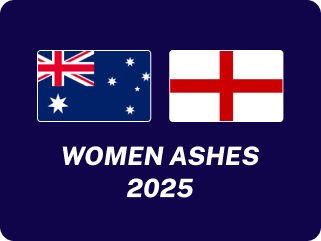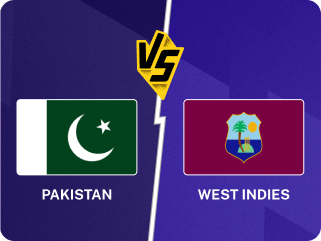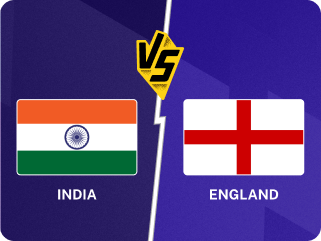
Ten teams will feature at the ICC World Cup Qualifier later this year in Zimbabwe. Of them, two will make it from the Play-off – and no one seems to know the exact rules that decide who that will be.
The ten teams at the Qualifier will consist of the bottom five from the Cricket World Cup Super League – Zimbabwe, Netherlands, Sri Lanka, West Indies, and one of Ireland or South Africa – the top three from Cricket World Cup League 2 – Scotland, Oman and Nepal – and two more from the Play-offs.
Six teams – hosts Namibia, USA, Canada, UAE, Jersey, and Papua New Guinea – have been battling it out in the Play-offs in Namibia since March 26.
Having lost their first four matches, Papua New Guinea had been out of the running some time ago. USA beat Jersey by 25 runs today (April 4), while Namibia beat Canada by 111 runs.
With eight points in five matches, USA have confirmed a top-two finish, and therefore have qualified for the Qualifier, while Jersey (two points from four matches) were eliminated.
Namibia, on the other hand, have six points from their five matches, the same as UAE. Two points behind them are Canada. UAE and Canada are yet to play their last matches, against Jersey and Papua New Guinea respectively.
“USA seal Qualifier spot; Namibia stay alive,” ran the ICC post-match release today (April 4), after Nambia overcame Canada.
While the first part of the claim stands true, the rest of the statement is not, as per the ICC’s own published qualification criterion for the Qualifier Play-offs, which reads:
“Where teams finish equal on points, the order of their placing in the final standings will be determined in the following order:
1. The team with the most wins
2. If still equal, the team with the most wins over the other team(s) that are equal on points and have the same number of wins
3. If still equal, the team with the highest net run rate
4. If still equal, the teams will be ordered as per their original seeding”
No playing conditions for the competition have been published on the ICC site.
True, Namibia’s net run rate (+0.601) is more than the UAE’s (+0.241) or Canada’s (-0.298). But will it come to run rates at all?
Let us check the possible outcomes of the two matches to played on April 5. If the UAE beat Jersey, they will go past Namibia and qualify with eight points (even a tie or no-result will take them past Namibia), so a UAE defeat is the only way for Namibia to qualify.
If UAE indeed lose, they will finish on the same points as Namibia. According to the abovementioned criterion, head-to-head results will be prioritised ahead of net run rate. Having beaten Namibia by 28 runs on April 2, UAE are guaranteed to finish ahead of Namibia in head-to-head.
But what if UAE lose to Jersey and Canada beat Papua New Guinea? Namibia, UAE, and Canada will all finish on six points in that case, and the head-to-head will become a three-way contest.
UAE have beaten Namibia. And a day before that, they had also beaten Canada, by six wickets. Irrespective of the outcome of the remaining matches, thus, Namibia will always finish below UAE on head-to-head.
In other words, Namibia have already been eliminated – because UAE have already qualified. They will finish above Canada as well, by the same criteria.
The confusion extends beyond the ICC. UAE are yet to celebrate their apparent progression on their social media accounts.








